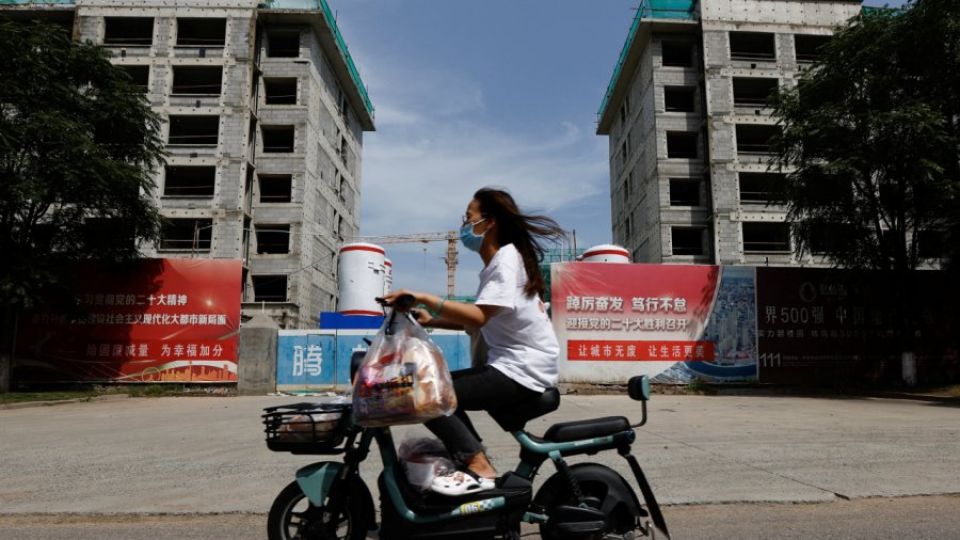August 31, 2023
SEOUL – China’s disappointing economic recovery has led more than half of Korean companies to miss their earning targets in the market, with abounding downside risks hampering the path to a rebound in the second half of the year, Korea’s major business lobby group said Wednesday.
The Korea Chamber of Commerce and Industry raised concerns over the factors causing financial instability in China which could further drag Korean companies down, including its real estate market crisis, contraction in domestic consumption, and slowdown in industrial production and exports.
According to a survey on 302 Korean companies exporting to China by the KCCI, firms’ expectations that China’s reopening from COVID-19 restrictions would create spillover growth for them have dampened, with some 52 percent of the firms saying that their earnings have run below the target set at the beginning of this year.
Of the total number of companies in the survey, 37.7 percent said they were “underperforming” in relation to their early-year goals, while 14.7 percent said their earnings were “extremely poor.”
Regarding the future outlook for the Chinese economy, 79.0 percent of companies predicted that China’s economic slowdown will continue, citing weak industrial production and domestic consumption.
China’s economic slump could last longer than expected, as it could be induced by a long-term restructuring process such as deleveraging in the Chinese property market, said Kim Hyun-soo, a team leader of KCCI’s Research Division, calling on Korean companies to map out sufficient countermeasures.
“It is necessary to consider various options suitable for the corporate situation, such as a strategy to diversify markets or production bases without giving up the Chinese market or a technology innovation strategy to secure a clear competitive advantage,” he said.
The instability of the Chinese economy has already been having an impact on Korean companies. When asked which areas of business performance were most affected, the decline in sales of consumer goods in China accounted for the lion’s share of responses with 42.7 percent.
Some 32.7 percent said the “sales of intermediate goods such as parts and materials decreased,” and 16.6 said that “the performance of their Chinese unit deteriorated.”
The survey showed that Korean businesses are more concerned about the deteriorating economic conditions in China than about external risks.
The Korean companies picked “sluggish consumption in China” as the most concerning factor for the Chinese economy, taking up 33.7 percent of responses.
Other factors include “weak industrial production” with 26.7 percent, followed by “the prolonged US-China trade dispute” with 20 percent and “customs procedures and trade barriers” with 20 percent.
Exports to China from January to July of this year decreased significantly by 25.9 percent compared to the previous year. Exports of semiconductors, Korea’s key outbound shipment item, fell by 40.4 percent, while exports of other intermediate goods such as displays and petrochemicals dropped by 45.7 percent and 22.5 percent, respectively.
Exports of cosmetics fell by 25.3 percent, while wireless communication devices slid 12.9 percent during the same period.
Concerns that the debt crisis at Country Garden, China’s largest property developer, could further aggravate the situation, potentially spurring an economic recession in the country.
China’s consumer-driven recovery is showing more signs of losing momentum. Retail sales growth, which rose to 18.4 percent in April due to the post-pandemic reopening, fell to 2.5 percent in July, while consumer sentiment remained sluggish due to high youth unemployment and deflation concerns. Economic indicators in the industrial sector such as production growth rate, the purchasing manager index of the manufacturing sector and export performance are all too weak to put the economy back on track.


